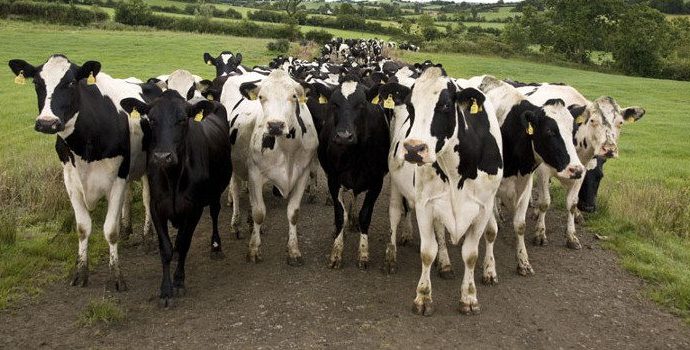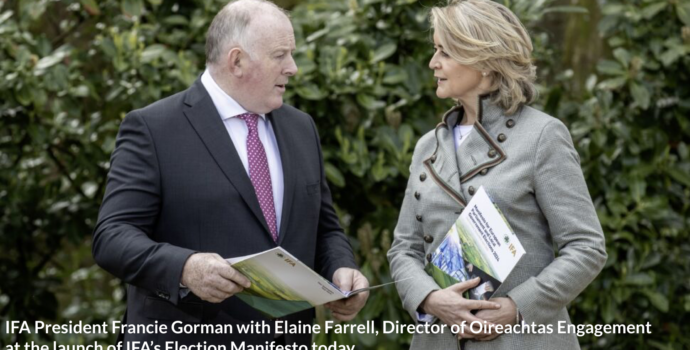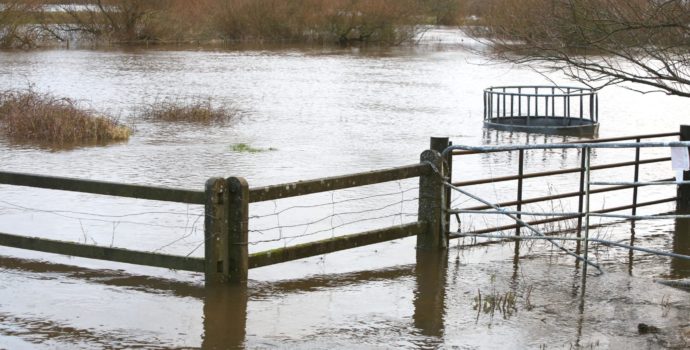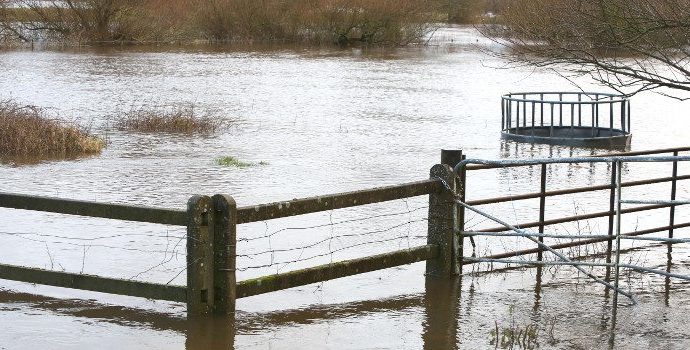Brexit Confusion? Take a Look at Our Glossary

Brexit Glossary – get up to speed on EU and trade structures.
Single Market
The Single Market refers to the EU as one territory without any internal borders or other regulatory obstacles to the free movement of goods and services. It encompasses the ‘four freedoms’ – that is the free movement of people, goods, services and capital.
Customs Union
A Customs Union eliminates customs duties in bilateral trade and establishes a joint customs tariff for foreign importers. The EU customs union is a single trading area where all goods circulate freely, whether made in the EU or imported from outside. Duty on goods from outside the EU is generally paid when they first enter the EU.
European Court of Justice (ECJ)
The ECJ (Court of Justice of the European Union (CJEU)) interprets EU law to make sure it is applied in the same way in all EU countries, and settles legal disputes between national governments and EU institutions.
Common Customs Tariff/ Common External Tariff
The ‘Common Customs Tariff’ (CCT) applies to the import of goods across the external borders of the EU. It is common to all EU members, but the rates of duty differ from one kind of import to another depending on what they are and where they come from. The rates depend on the economic sensitivity of products. The tariff is the name given to the combination of the classification of goods and the duty rates which apply to each class of goods. In addition, the tariff contains all other Community legislation that has an effect on the level of customs duty payable on a particular import, for example country of origin.
Free Trade Agreement (FTA)
A Free Trade Agreement is a reciprocal preferential trade agreement between two or more partners which seeks to remove or reduce customs tariffs in bilateral trade.
Country of Origin
Origin is the ‘economic’ nationality of goods traded in commerce. The nationality, the value and the tariff classification of goods must be determined in order to know which duties and charges apply to them, as well as any customs restrictions or special requirements
Rules of Origin
Where a country is part of a preferential agreement with the EU (e.g. a FTA) and intends to export a product into the EU, it is not enough that the product is exported from that country. The product needs also to be originating in that country. Rules of origin determine if a product may be considered originating in that concrete country and therefore receive the preference.
Regional Trade Agreement (RTA)
Refers to any reciprocal preferential trade agreements between two or more partners. These can take the form of a Customs Union or Free Trade Agreement. Generally speaking, RTAs must cover substantially all trade and help trade flow more freely among the countries in the RTA without raising barriers to trade with the outside world.
Tariff Rate Quotas (TRQs)
A Tariff Rate Quota (TRQ) is an import quota that allows a certain volume or value of imported product to enter a country/trading bloc at a reduced, or nil, tariff rate.
World Trade Organisation (WTO)
The World Trade Organization (WTO) is the global international organisation dealing with the rules of trade between nations. It is a forum for governments to negotiate trade agreements, a place for them to settle trade disputes and it operates a system of trade rules.
Most Favoured Nation (MFN)
Most Favoured Nation tariffs are what countries promise to impose on imports from other members of the WTO, unless the country is part of a preferential trade agreement (such as a free trade area or customs union). This means that, in practice, MFN rates are the highest (most restrictive) that WTO members charge one another.
Read more about IFA’s campaign on Brexit




